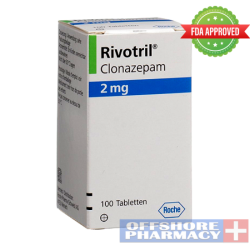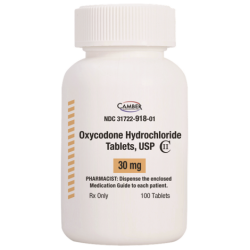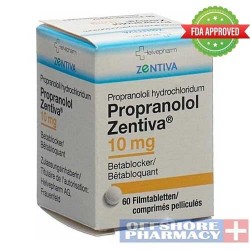
Symptoms of Depression
Most of us have experienced feelings of sadness, loneliness, or depression at some point in our lives. It's a normal reaction to a setback, the ups and downs of life, or a shattered sense of self-worth. The problem arises when these feelings take over, manifest as physical symptoms, and persist for an extended period of time.
When this happens, it's imperative that you seek medical attention.
It's a good idea to start with your primary care physician. They can run tests to see if you're depressed and offer advice on how to deal with the symptoms. It's possible that if you ignore your depression, it'll worsen and last for months or years. One in ten people who suffer from depression takes their own life because of the pain and suffering it causes.
Recognizing the symptoms is key. In the United States, approximately half of those suffering from depression are never able to receive proper diagnosis or treatment.
Symptoms
These are a few examples:
- Problems with concentration, recall, and decision-making
- Fatigue
- Guilt, worthlessness, and helplessness are all common emotions.
- a sense of doom and gloom
- Insomnia, sluggishness in the morning, or an excessive amount of sleep
- a tendency to become enraged or irritable
- Restlessness
- a lack of interest in previously pleasurable activities, such as sex
- excessive consumption of food or a lack of desire to consume food
- Chronic aches and pains, headaches, and cramps
- gastrointestinal issues that do not improve despite treatment
- Feelings of sadness, anxiety, or emptiness that persist
- Suicidal ideation or action








Leave a Comment